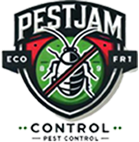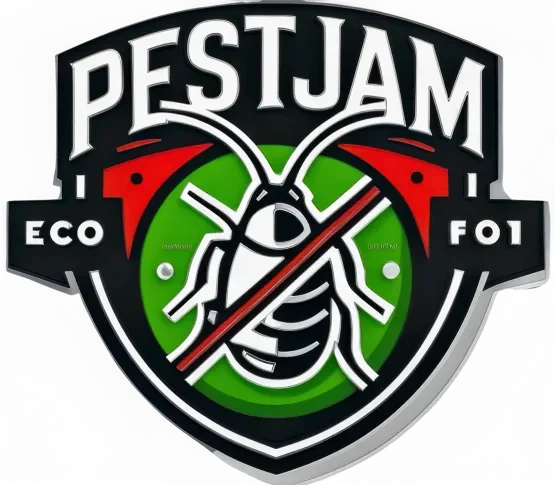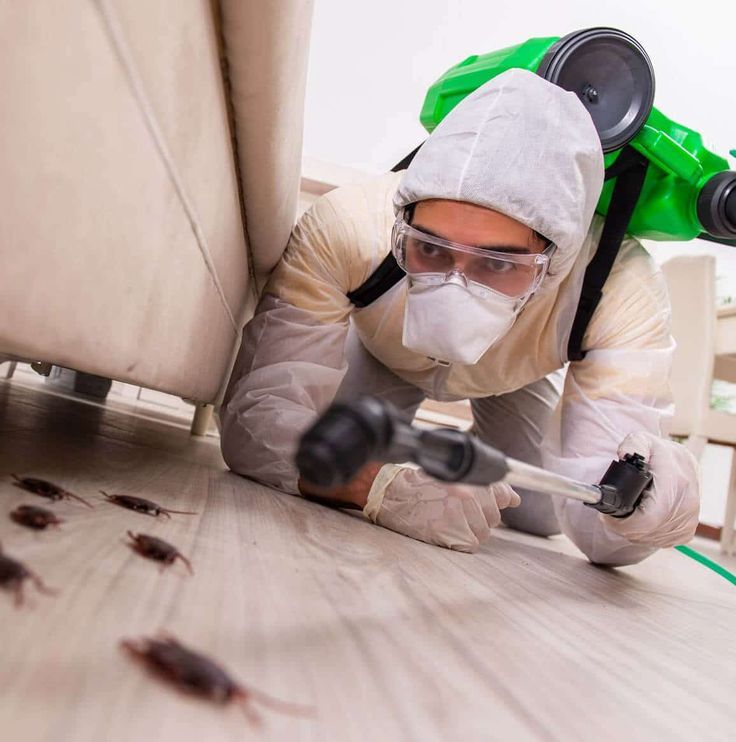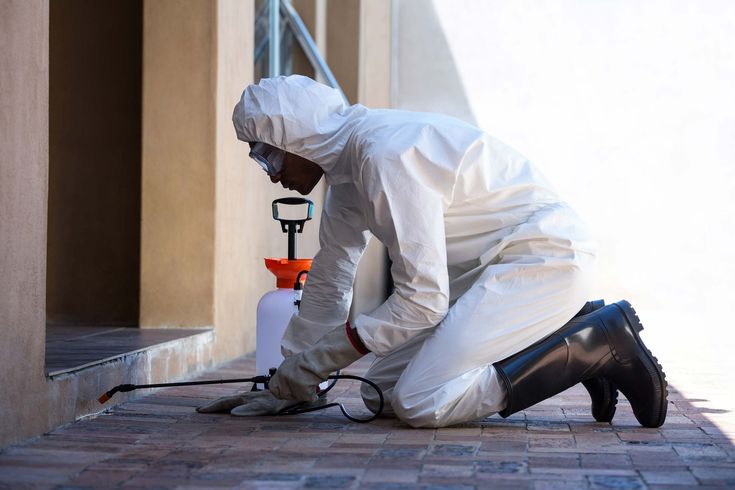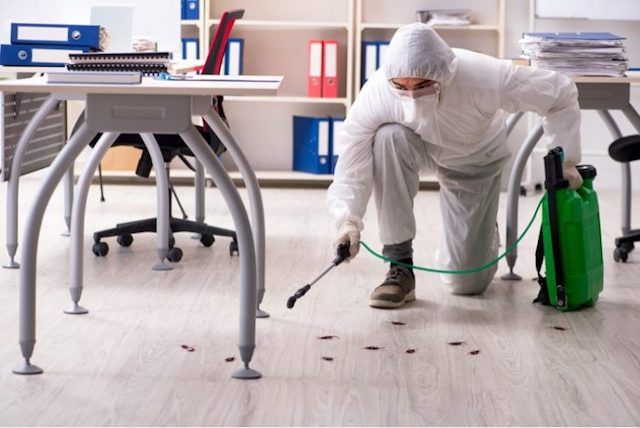Few insects strike as much fear as the black hornet, a large, dark wasp that often gets mistaken for more aggressive species. But are these big black wasps truly dangerous, or do they play a beneficial role in nature? At Pest Jam, we break down everything you need to know—from identifying different black wasp species to understanding their behavior and how to safely manage them around your home.
What Is a Black Hornet?
The term “black hornet” is often used to describe several large, dark-colored wasps, including:
- The Great Black Wasp (Sphex pensylvanicus) – A solitary, non-aggressive wasp with a shiny black body.
- European Hornet (Vespa crabro) – A social wasp with dark brown and yellow markings.
- Cicada Killers (Sphecius speciosus) – Massive, ground-nesting wasps that hunt cicadas.
When people report seeing a huge black flying insect, they’re usually referring to one of these species.
Identification: How to Recognize a Black Hornet
Physical Features
Color: Deep black or dark brown, sometimes with faint yellow or white markings.
Size: Ranges from 1 to 1.5 inches (some cicada killers reach 2 inches).
Wings: Dark, smoky wings that fold lengthwise at rest.
Body Shape: Slender with a narrow waist, unlike fuzzy bumblebees.
If you see a black wasp with white stripes, it might be a bald-faced hornet, which is actually a type of yellowjacket, not a true hornet.
Nests
- Great Black Wasps dig burrows in the ground.
- European Hornets build paper nests in hollow trees or attics.
- Cicada Killers create tunnels in sandy soil.
A great black wasp nest is usually solitary, while European hornets form colonies.
Are Black Hornets Dangerous?
Sting Risk
- Great Black Wasps rarely sting unless handled.
- European Hornets can be defensive if their nest is disturbed.
- Cicada Killers have mild venom but are not aggressive.
A black hornet sting is painful but typically only dangerous to those with allergies.
Do They Damage Property?
Most black wasps don’t harm structures, but European hornets may chew wood to build nests, which can weaken sheds or eaves.
Black Hornet vs. Other Wasps
| Feature | Black Hornet (Great Black Wasp) | Yellowjacket | Paper Wasp |
| Color | All black | Black & yellow | Brown with yellow markings |
| Size | 1–1.5 inches | 0.5 inches | 0.75 inches |
| Aggressiveness | Low | High | Moderate |
| Nest Location | Ground | Underground/voids | Under eaves |
How to Keep Black Hornets Away
Natural Deterrents
- Peppermint oil (spray near entry points)
- Fake nests (wasps avoid competing colonies)
- Remove food sources (ripe fruit, open garbage)
Safe Removal
If you find a black wasp nest, consider:
Night removal (wasps are less active)
Professional help for large colonies
Never swat at a big black hornet—it may provoke an attack.
While black hornets look intimidating, most are harmless unless provoked. If they’re nesting near your home, Pest Jam offers safe removal solutions to keep your space pest-free.
Spot a nest? Observe first—then call the experts if needed.
